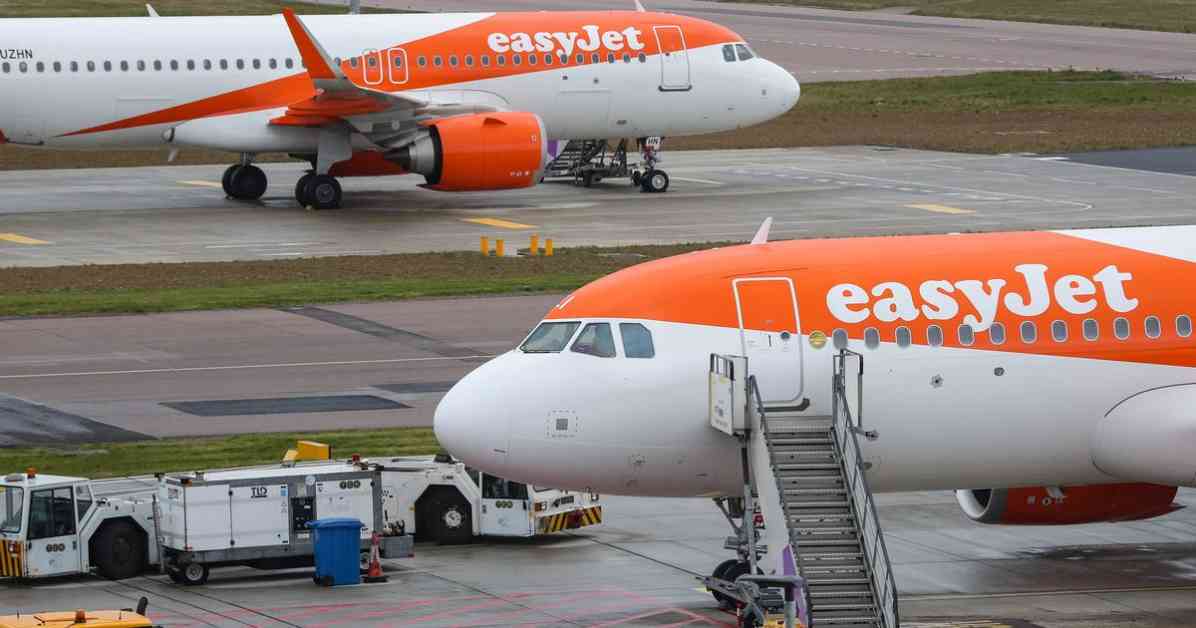UK travelers may face the risk of being trapped on airplanes after landing at EU airports due to the implementation of enhanced border controls, according to easyJet’s CEO, Johan Lundgren. The Entry/Exit System (EES) could lead to airlines being unable to disembark passengers if terminal buildings become too congested, which Lundgren described as a “worst-case scenario.”
The EU Commission announced the launch of EES on November 10, with further updates expected on Thursday. This system, proposed in 2016 but repeatedly delayed, requires travelers from non-EU countries like the UK to have their fingerprints scanned and a photo taken upon entry to an EU member state. The data will be stored for three years, potentially causing queues at EU airports, Dover Port, Eurotunnel’s Folkestone terminal, and London’s St Pancras station.
During an interview at the Abta travel trade convention in Greece, Lundgren expressed concerns that EES could lead to congested airport terminals, leaving no space for incoming passengers to be processed. In extreme cases, passengers may have to remain on planes. He emphasized the need to consider potential scenarios and suggested a further delay in the launch unless travelers can pre-register before their trips, a process that is still in development by the EU through a mobile app.
Tui’s UK and Ireland managing director, Neil Swanson, also warned of potential disruptions and called for more government action to prepare holidaymakers for the new system. Abta reported a high level of interest among travel trade members regarding EES, with a recent briefing attracting a large number of industry attendees.
Abta’s CEO, Mark Tanzer, expressed frustration over the lack of clear communication and preparation for customers, acknowledging the expected delays resulting from EES implementation. He highlighted the need for detailed communication and readiness among UK holidaymakers. The Department for Transport has allocated £10.5 million to UK ports for the development of new facilities and technology to handle EES procedures.
Overall, the travel industry is bracing for potential challenges and disruptions as EES comes into effect, emphasizing the importance of proactive communication and preparation for both airlines and passengers alike. The impact of the new system on travel experiences remains a top concern for industry professionals, urging authorities to address any issues promptly to ensure smooth and efficient travel operations.












